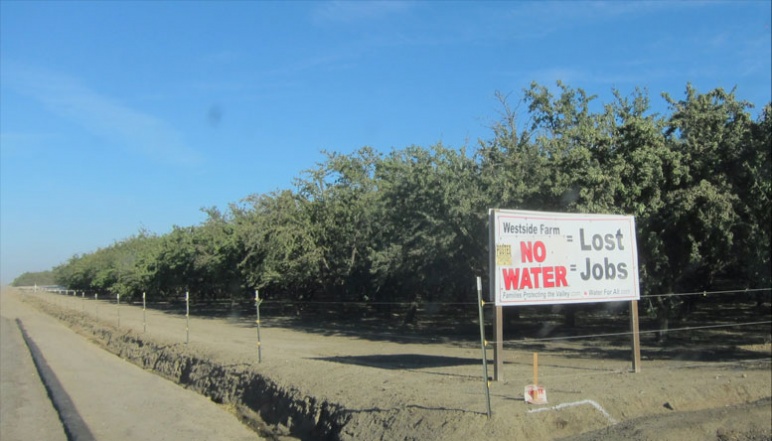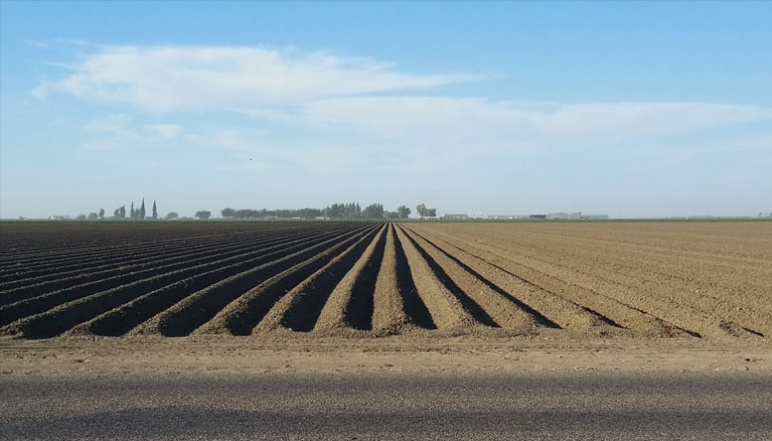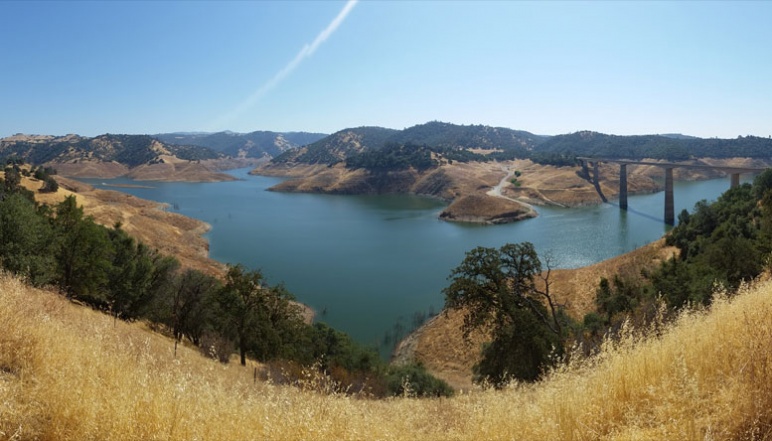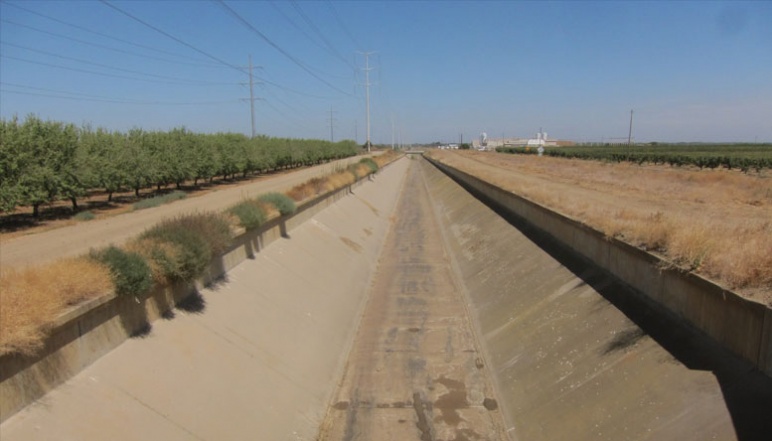Our Research Estimating the benefits to strengthening water markets

Photo credit: Knittel research team

Photo credit: Knittel research team

Photo credit: Knittel research team

Photo credit: Knittel research team

Photo credit: Knittel research team
Principal Investigator
Christopher Knittel
- George P. Shultz Professor
- Professor, Applied Economics
- Sloan School of Management
Christopher Knittel is the George P. Shultz Professor of Applied Economics in the Sloan School of Management at the Massachusetts Institute of Technology. He is also the Director of MIT’s Center for Energy and Environmental Policy Research which has served as the hub for social science research on energy and the environment since the late 1970s. Professor Knittel is also a co-director of the E2e Project, a Research Associate at the National Bureau of Economic Research, and the co-editor of the Journal of Public Economics. His research focuses on environmental economics, studying how firms and consumers respond to policies. Professor Knittel is the recipient of a 2016 J-WAFS seed grant for his project, “Estimating the Benefits to Strengthening Water Markets.”
Challenge:
How can economic policy promote more efficient water use in urban and agricultural contexts to adapt to rising water scarcity?
Research Strategy
- Assembled first comprehensive data set on the water economy in California
- Quantified economic impact of drought on agriculture to estimate benefits from water reallocation strategies
- Simulated market scenarios to quantify potential economic gains from policies to support water markets
Project description
Fresh water is increasingly scarce in many parts of the world, and current resource management regimes may not be adequate for increasing climate uncertainty and rising population pressures. Markets have great potential to improve efficiency of water allocation, reduce conflicts over resources, adapt to climate variability, and build a more resilient economy. In this project, the research team studied the potential for water markets in California, where water markets exist but are underdeveloped. They aimed to (1) measure the overall potential economic benefits from strengthening water markets, and to (2) identify and quantify the most important barriers to greater use of water markets in the state. To achieve this, they compiled a geolinked database that gives the most comprehensive view yet of the water economy in California. The research team combined this with novel quasi-experimental estimation methods in a new approach that accounts for real-world frictions and behavior.
Outcomes
- Compiled first complete set of surface water allocations in California from 1980 to the present
- Used past transactions in the water market to create a new empirical framework to analyze economic benefits
- Used empirical framework to estimate the economic benefits of the existing water market as well as the possible economic benefits available from trades within the water market
- Measured the impact of drought on crop choice and farm profits using high-resolution remote sensing data
Additional Details
Impact Areas
- Water
- Food
Research Themes
- Water Resources & Infrastructure
- Sustainability & Adaptation
- Soil Fertility & Crop Productivity
- Economics, Policy, & Practices
- Modeling & Data Analytics
Year Funded
- 2016
Grant Type
- Seed Grant
Status
- Completed
